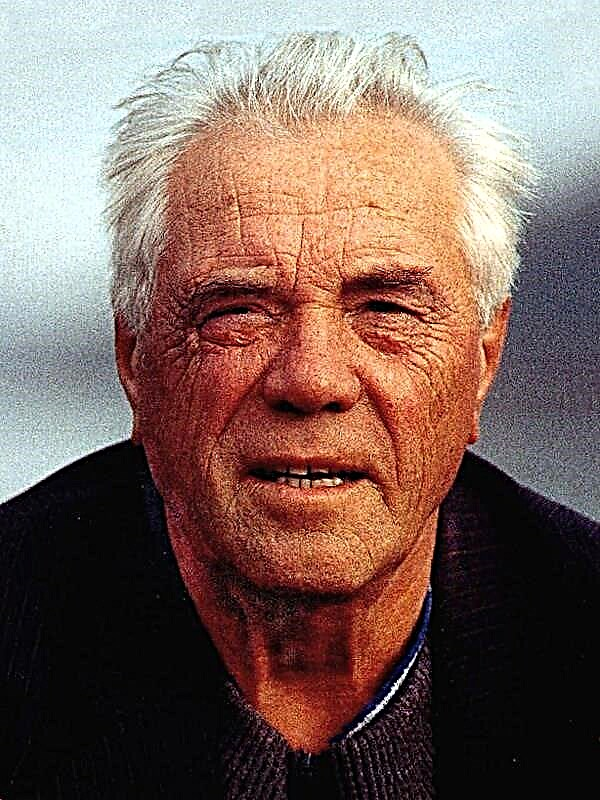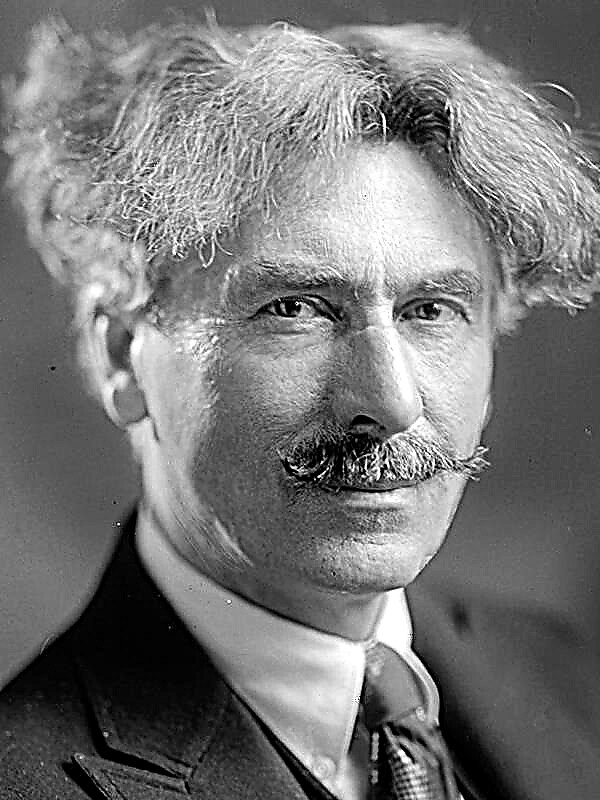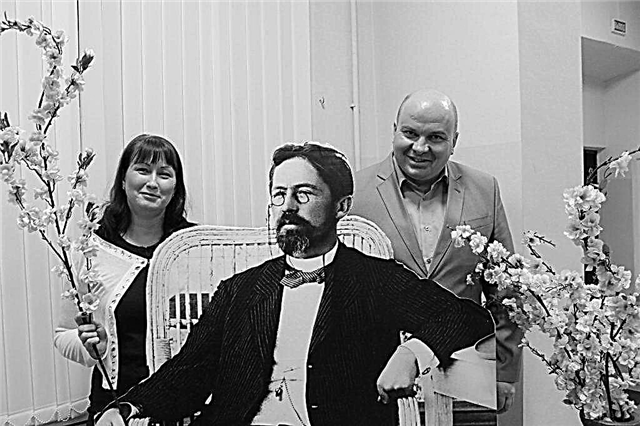(363 words) A favorite technique of writers is the antithesis. In Lermontov’s novel, she helps to better reveal the main character - Pechorin, for this the author introduces Grushnitsky into the work. And he seems to be in the same conditions with a friend, even the age is almost the same, but in the course of the plot we see how these characters differ from each other.
Let's start with the exterior. The author describes Pechorin without stinting on flattering epithets: black eyebrows and blond hair, women like his features. Grushnitsky is a little large, somewhat awkward, but well-built and dark-skinned guy. He beat the curled crest every minute in small curls, that is, the junker is worried about the impression he makes on the ladies. Speaking of ladies. Pechorin in each chapter has the happiness of falling in love with a woman, but the misfortune lies in the fact that he cannot give love in return. Grushnitsky is inexperienced in relations with girls, he pretends to be important, casts timid glances, and sometimes deifies ladies, which works equally badly. Princess Mary misses him and waits for the company of Gregory.
Junker is a supporter of hasty conclusions and harsh actions: "Under this thick gray overcoat, a passionate and noble heart beat ..." With this passion, he ruins himself in a duel, because of it he receives ridicule from the protagonist, who is used to speak concisely and insinuatingly, to pause. This manner of conversation betrays a person who thinks a lot and is silent about a lot. But what not to borrow from both Grushnitsky and Pechorin is self-love. Both of our heroes know their worth, and sometimes they take more than they should. Both men do not occupy vanity. And no matter how Gregory despises the “water society”, he would like to be part of it. He just can not, and because of this, he gets more and more angry, more and more moving away from him. But Pechorin is not as bad as it is customary to talk about, and Grushnitsky is not as good as he seems. The main character has ideas about honor, which cannot be said about the junker. Grigory Alexandrovich does not admire himself; he hates himself. This is the hero of a remarkable mind, his magazine convinces us of this. In turn, Grushnitsky is capable of both deception and meanness.
Grigory Aleksandrovich correctly noted that in “friendship there is always one slave of the other”, I will not say this at all costs, it was this dependence and even slavery in the relations between Pechorin and Grushnitsky.



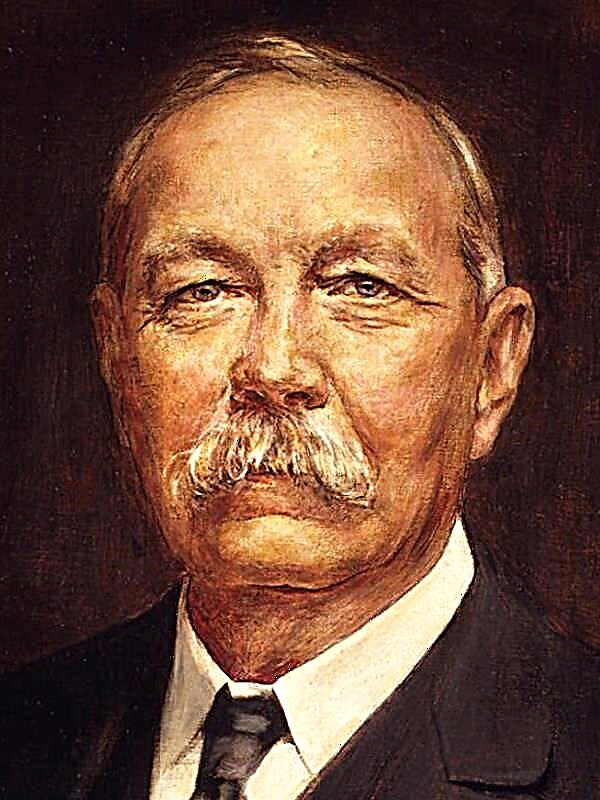
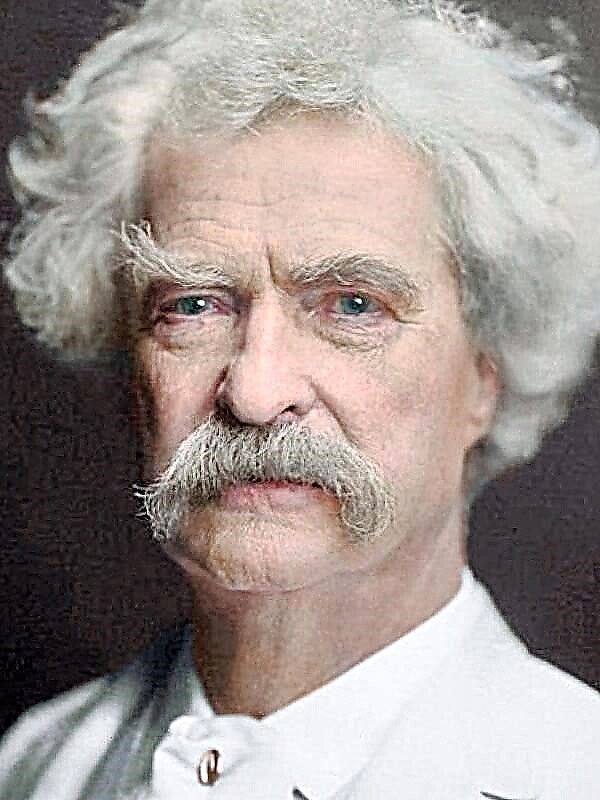

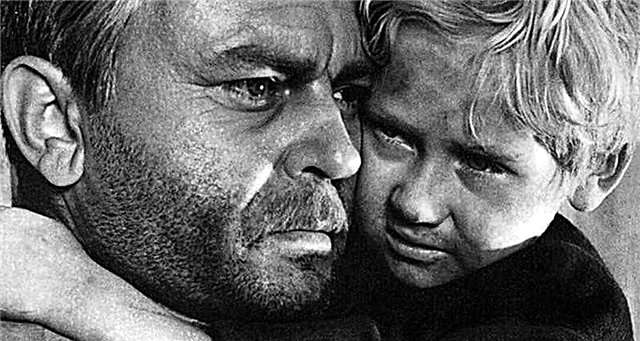
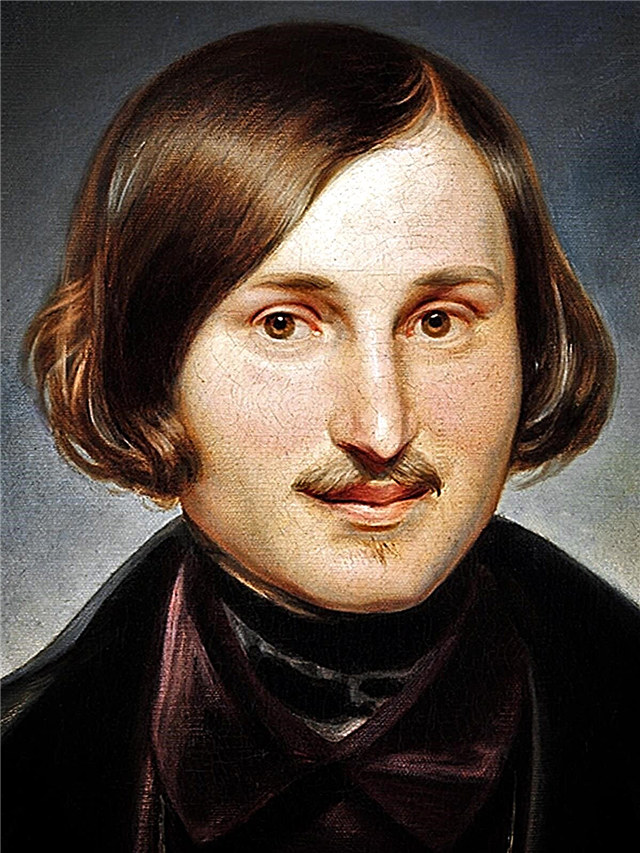
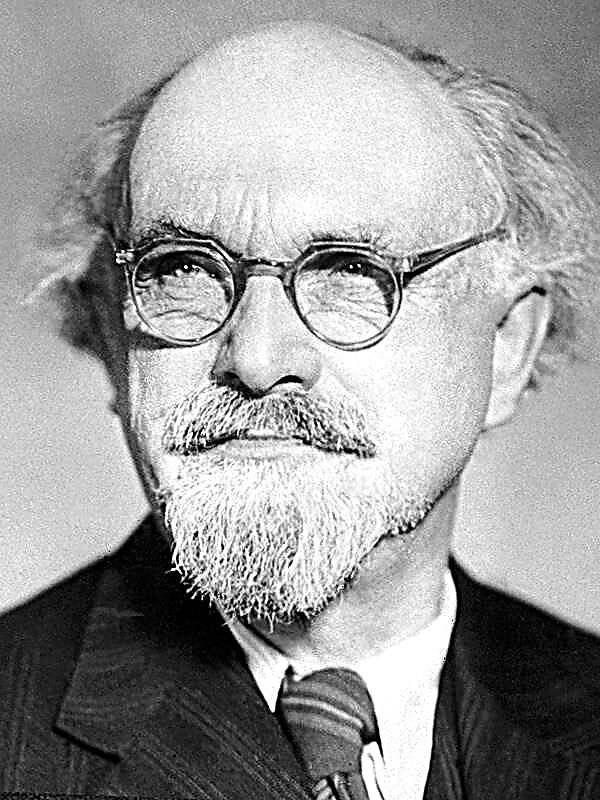 At the walls of the city of the invisible
At the walls of the city of the invisible
